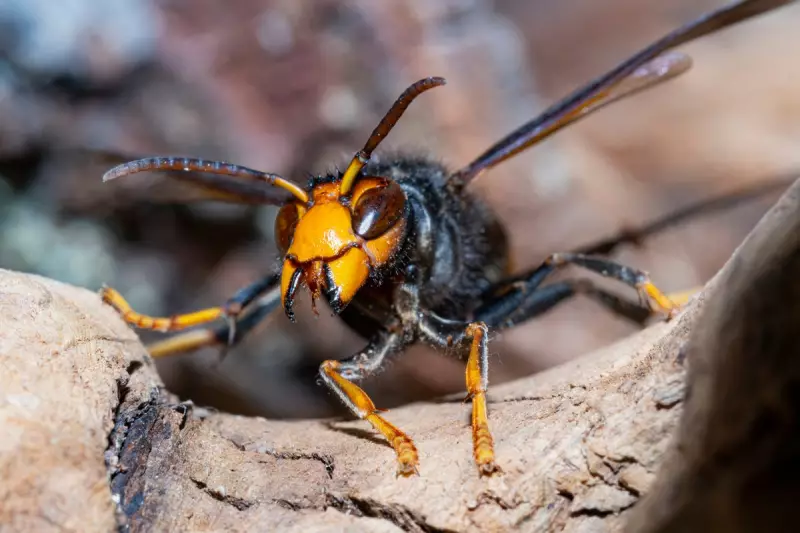
Northern Ireland has been put on high alert after authorities confirmed the first-ever sighting of the predatory Asian hornet in the region, marking a significant escalation in the UK's battle against the invasive species.
The Department of Agriculture, Environment and Rural Affairs (DAERA) has launched an urgent investigation after a single dead specimen was discovered in a residential area of Dundonald, on the eastern outskirts of Belfast. This discovery has triggered immediate concern among environmental officials and beekeeping communities across the province.
Why This Discovery Matters
Asian hornets (Vespa velutina) pose a devastating threat to native bee populations and other pollinators. A single hornet can destroy up to 50 honeybees in a single day, with capable hunters working together to decimate entire hives in coordinated attacks.
These aren't the same as larger Asian giant 'murder hornets' but are equally destructive to ecosystems. Their distinctive features include:
- Dark bodies with bright yellow leg tips
- Orange faces and dark abdomens
- A distinctive orange-yellow band near the rear
Government's Urgent Response
DAERA has mobilised specialist teams to conduct extensive surveillance and trapping operations within a 5km radius of the discovery site. The department emphasised that while this appears to be an isolated incident, comprehensive measures are being implemented to prevent establishment.
"This detection does not indicate established presence," a DAERA spokesperson stated. "However, we're taking immediate action to survey the area and monitor for any further sightings."
Public Vigilance Crucial
Officials are urging residents, particularly in County Down and greater Belfast areas, to remain vigilant and report any potential sightings immediately. The public is advised to:
- Take clear photographs from a safe distance
- Note exact location and time of sighting
- Report immediately through official channels
- Avoid approaching or disturbing nests
This Northern Ireland incident follows increasing Asian hornet sightings across Great Britain, with 78 nests destroyed last year alone. Climate change and international trade are believed to be contributing factors to their spread.
The discovery has significant implications for Northern Ireland's agriculture and biodiversity, with beekeepers and environmental groups calling for enhanced border biosecurity and rapid response capabilities.





